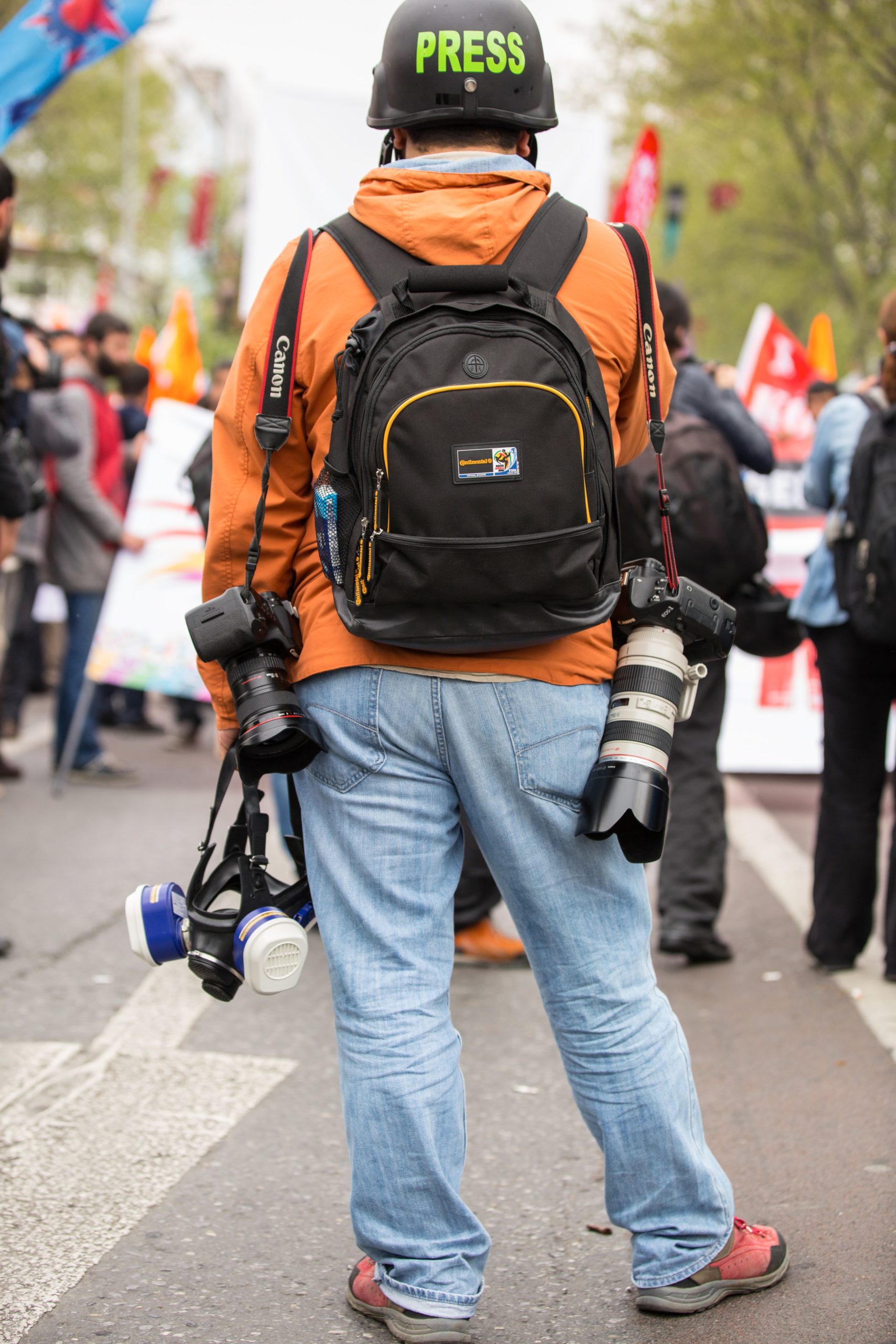On October 30, 2021, journalist Orlando Dinoy was killed with six gunshots in his apartment in Balsan, Davao del Sur. He was a reporter for Newsline Philippines, an anchor at Radio Energy FM in Digos City, and had worked for SunStar Davao with the Philippine Daily Inquirer until 2020. The Commission on Human Rights (CHR) initiated an investigation into the case. In this regard, CHR spokesperson Jacqueline de Guia said, “Currently, no motive for his killing has been established, but due to the nature of the crime and the profession of the victim, the CHR will be looking closely into his line of work and his previous contacts.”
The European Union Delegation to the Philippines used the International Day to End Impunity for Crimes against Journalists on November 2 to publicly condemn Dinoy’s murder and call on the Philippine government to take immediate action. According to the United Nations Educational, Scientific and Cultural Organization (UNESCO), 62 journalists have been murdered worldwide in 2020, and 44 so far in 2021.
Previously, Harry Roque, senator and former human rights lawyer who also represented journalists, denied that the press and journalists are affected by censorship and repression. The National Union of Journalists of the Philippines (NUJP) clearly countered in its statement: “Attorney Roque, when 20 of us have been killed, four of us have been jailed, when there have been 37 cases of libel brought against our own, and 230 cases of varied attacks in our ranks, we feel the big chill.” In January 2021, the Supreme Court (SC) advocated for a reform to decriminalize libel to protect the freedom of the press. Lawsuits using the libel law are often used to silence critical reporters, especially on the issue of corruption. It was precisely this law that Harry Roque criticized years earlier when he was not yet Duterte’s spokesman.
Photo © Engin Akyurt

